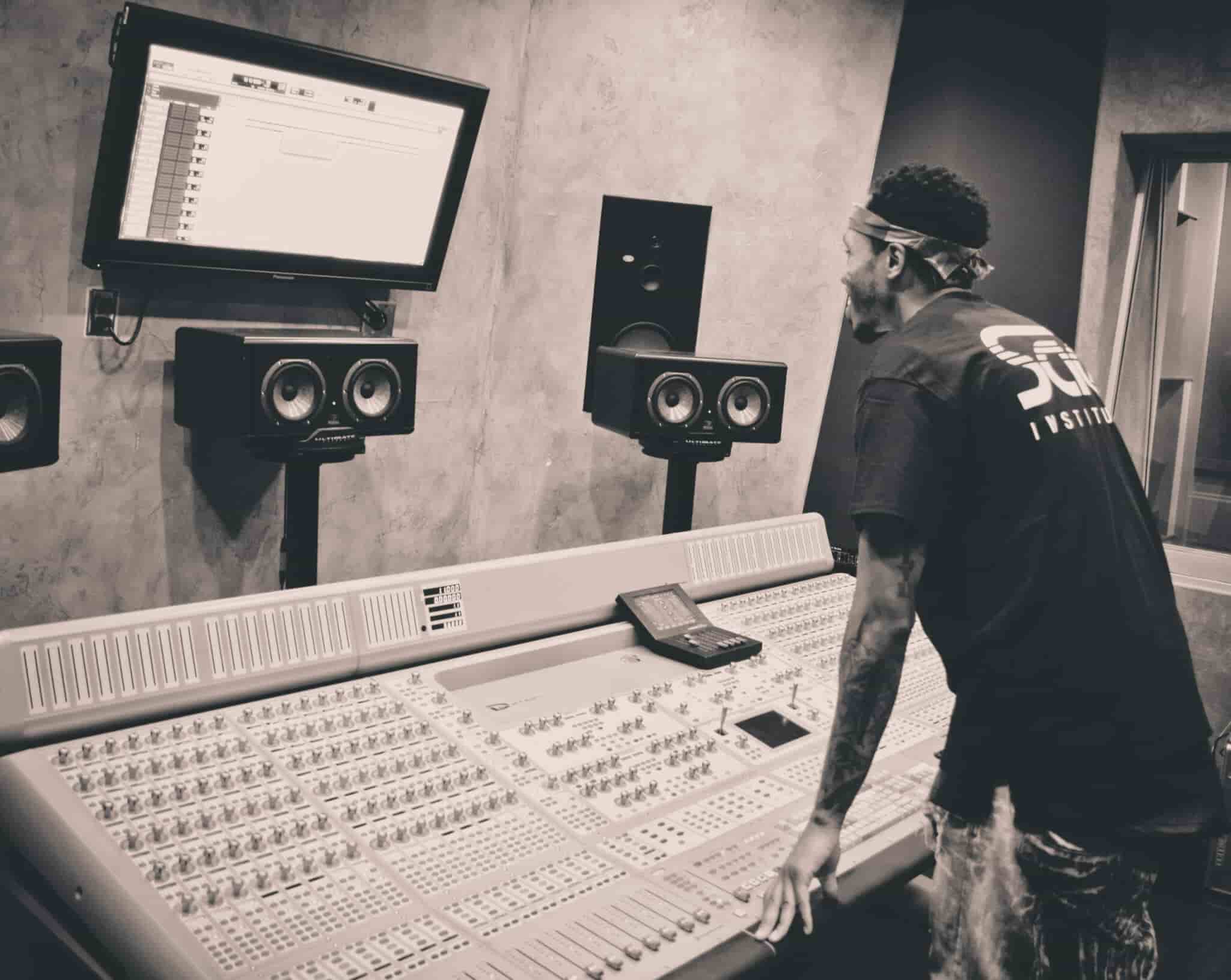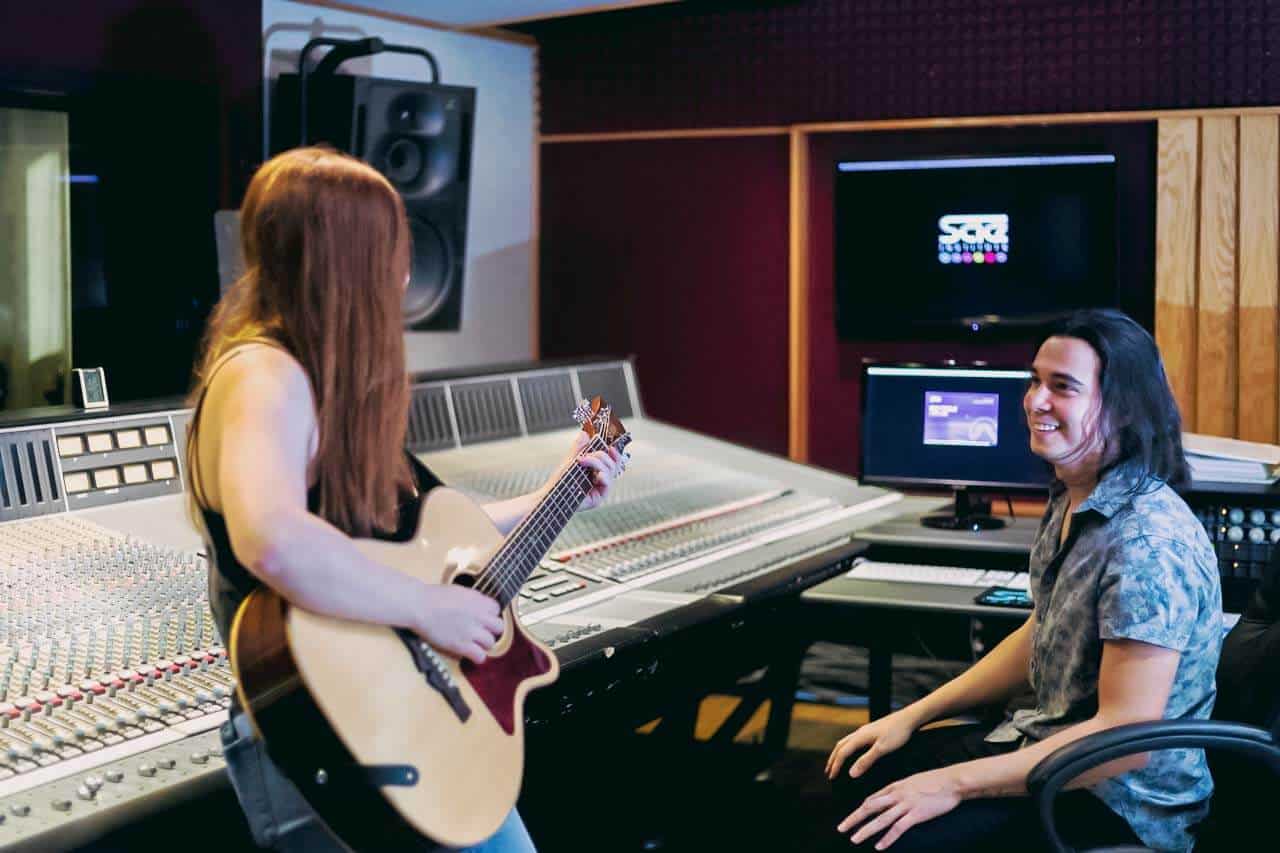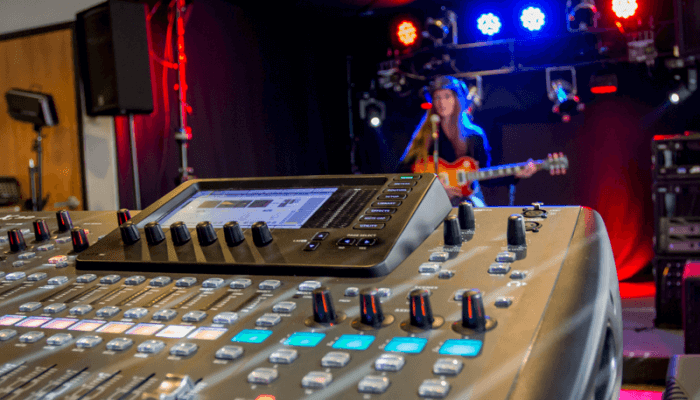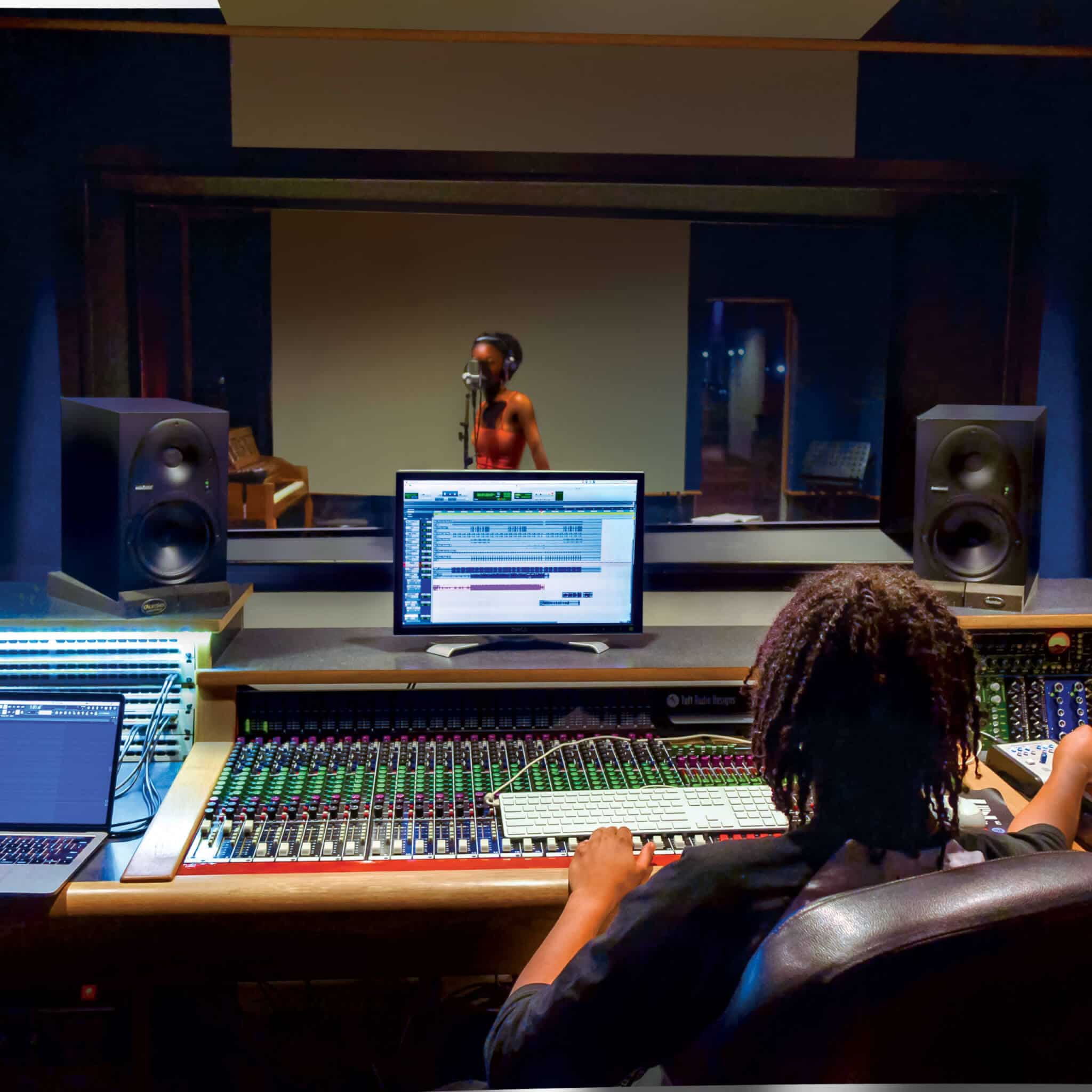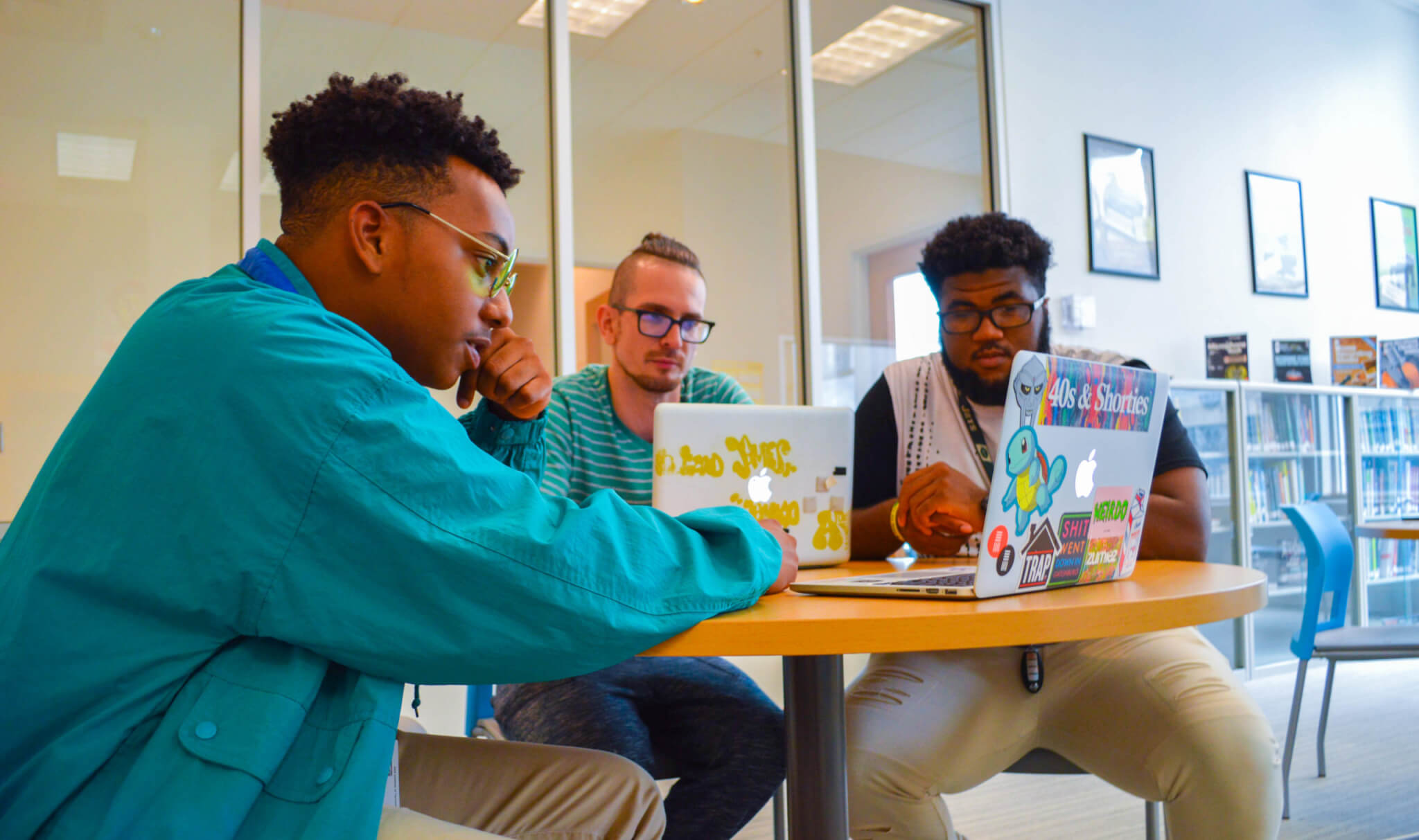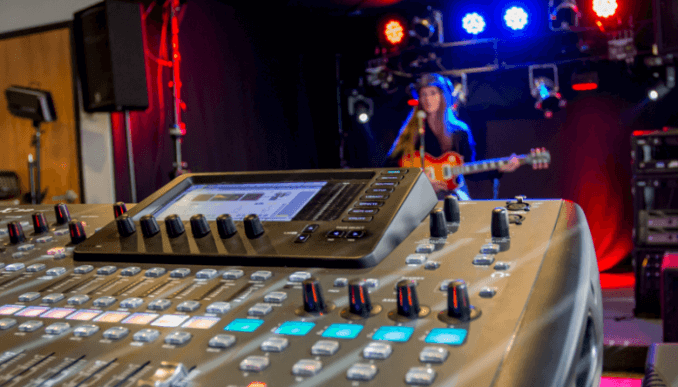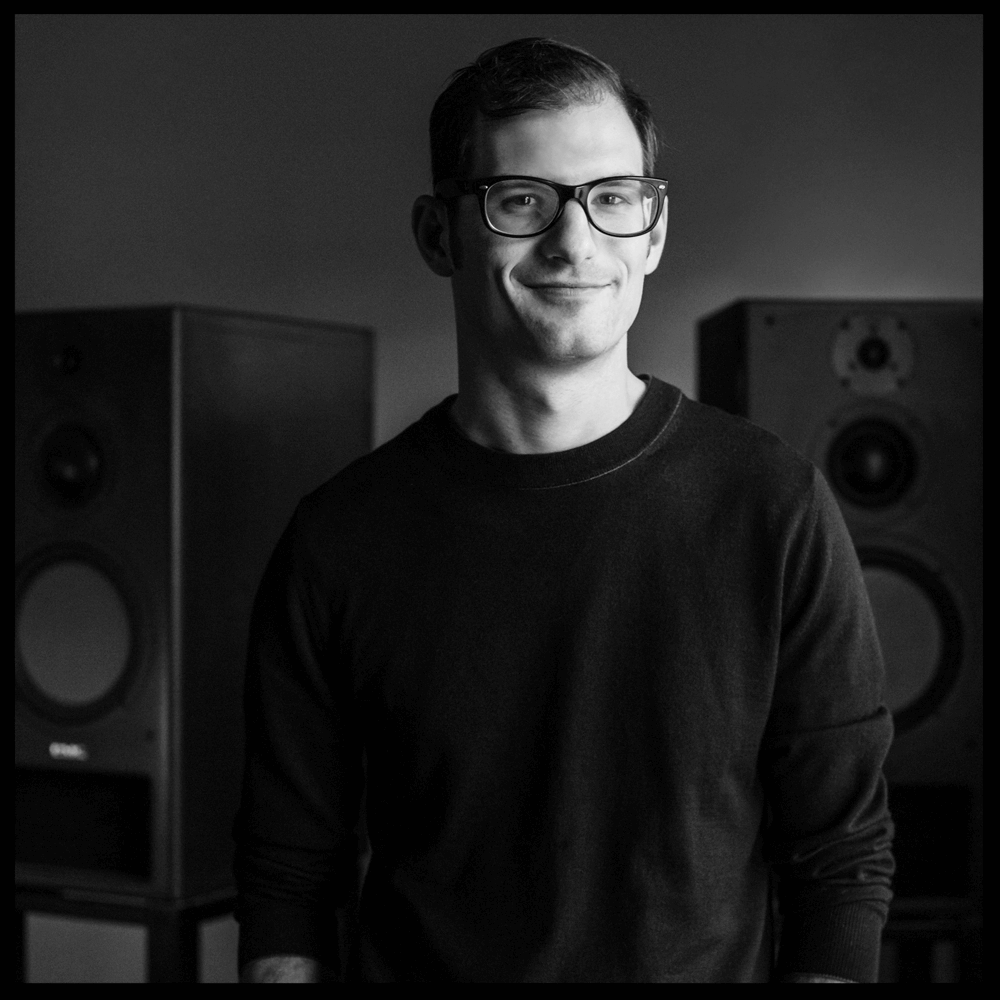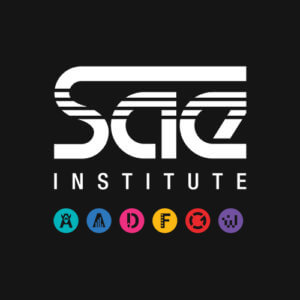
A big part of the success of our students is the passion, professionalism, and guidance from our instructors, many of whom are doing great things both inside and outside of the classroom.
We recently connected with SAE Institute of Technology Nashville instructor Duncan Ferguson, who not only shares his wealth of knowledge and experience with students in the Audio Bachelor of Applied Science program, but is also a Mastering Engineer with credits across all genres, and an avid collector of recordings.
Follow along as he shares what inspired him to pursue a career in Audio, what he enjoys about teaching, and why he’s known as the “music librarian” by his peers.
WHO OR WHAT INSPIRED YOU TO GET INTO AUDIO?
Early on in life, I had exposure to all different types of eclectic recordings and had a strong understanding that the technical aspect of recording is also a creative pursuit. My parents have an enormous record and compact disc collection. Growing up, iconic albums were always spinning in a CD player or record player. I started playing instruments in middle school and my father bought me a four-track cassette recorder. I was hooked from that point on. This led me to pursue a Music and Sound Technology degree in college, then a Master’s in Sound Recording, and now I am a full-time mastering engineer who has the pleasure of serving and maintaining music catalogs for artists and producers.
WE HEARD YOU’RE REGARDED AS THE “MUSIC LIBRARIAN” BY FRIENDS. HOW DID YOU GET INTO COLLECTING RECORDINGS?
After exposure to my parent’s music collection. I became obsessed with collecting reference recordings, audiophile recordings, and anything that was recorded uniquely or away from traditional recording techniques. From this obsession, I accumulated a diverse collection of music and developed a strong working knowledge of contemporary music history. I used to get made fun of by my peers in my master’s degree because I carried around a canvas bag full of CDs that were my reference recordings. In every studio I worked in, I would pop in a CD and have it running in the background and would reference it during breaks, to make sure my recording I was working on was in the right “ballpark.” I still continue this practice of referencing in my mastering studio to this day!
WHAT HAS BEEN THE BEST PART ABOUT TEACHING?
I had a few wonderful mentors throughout my years of learning the craft of audio who gave me priceless energy, time, and wisdom. I hope I can pass that on and pay it forward to the audio community through the classes I teach.
WHAT DO YOU THINK ARE THE BENEFITS OF A FORMAL EDUCATION IN THIS FIELD?
A formal audio education allows a person to be presented with a subject in an organized fashion starting with the fundamentals and moving toward advanced subjects. Students gain insight from instructors who are actually working in the field making a living in audio. I teach the Bachelor’s Mastering course at the Nashville campus and I am a full-time mastering engineer who runs a business and makes a living from mastering singles and albums every day. Who better to learn from than someone who is current with the latest technology and techniques working in the field every day?
WHAT ADVICE DO YOU HAVE FOR STUDENTS WHO MAY WANT TO FOLLOW AS SIMILAR PATH AS YOURS?
My best advice is to take advantage of the opportunity to use the campus studios and understand that the best way to apply what is presented in class is to practice in the studios outside of class. Challenge yourself to take what was discussed in the classroom and the assignments and apply them directly to a recording that you are working on – much like a classical musician would practice their instrument on a daily basis. Figure out a way while at SAE to start working through biting off the 10,000 hours it takes to become proficient in a field of study. I am a firm believer that you create your own luck and opportunities, and by taking advantage of the SAE studio facilities outside of class and learning their intricacies, you will feel prepared and empowered to take the opportunities when they come up.
To connect with Duncan, visit his website or follow his studio on Instagram @thevoltageexchange. For more information about our Audio programs or the Nashville campus, visit us online or get in touch by phone at 615-244-5848.
